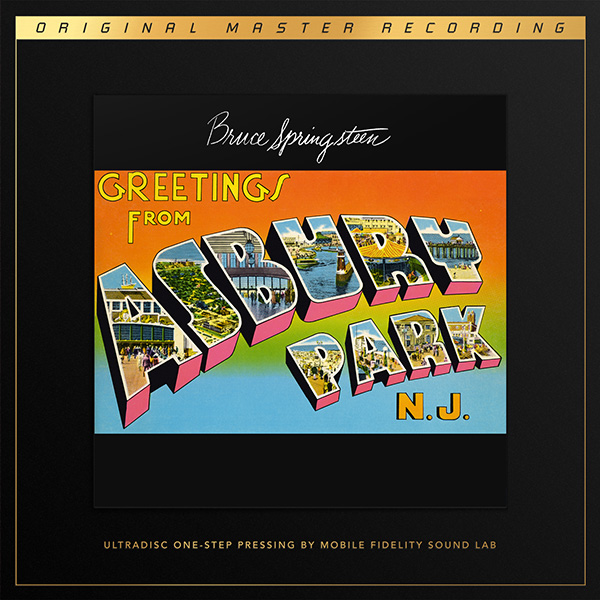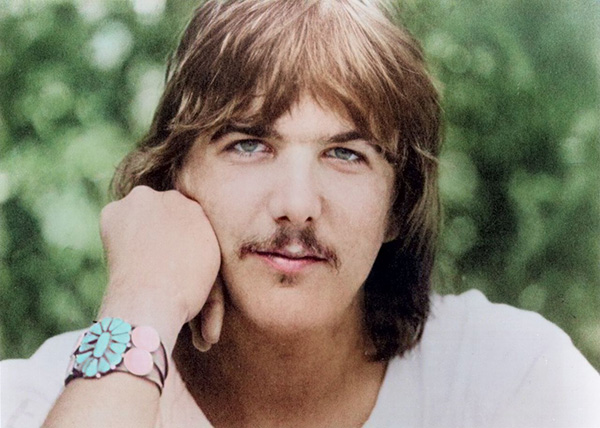Klipsch The Nines integrated loudspeaker system Associated Equipment
Klipsch The Nines integrated loudspeaker system Associated Equipment
- Read more about Klipsch The Nines integrated loudspeaker system Associated Equipment
- Log in or register to post comments





